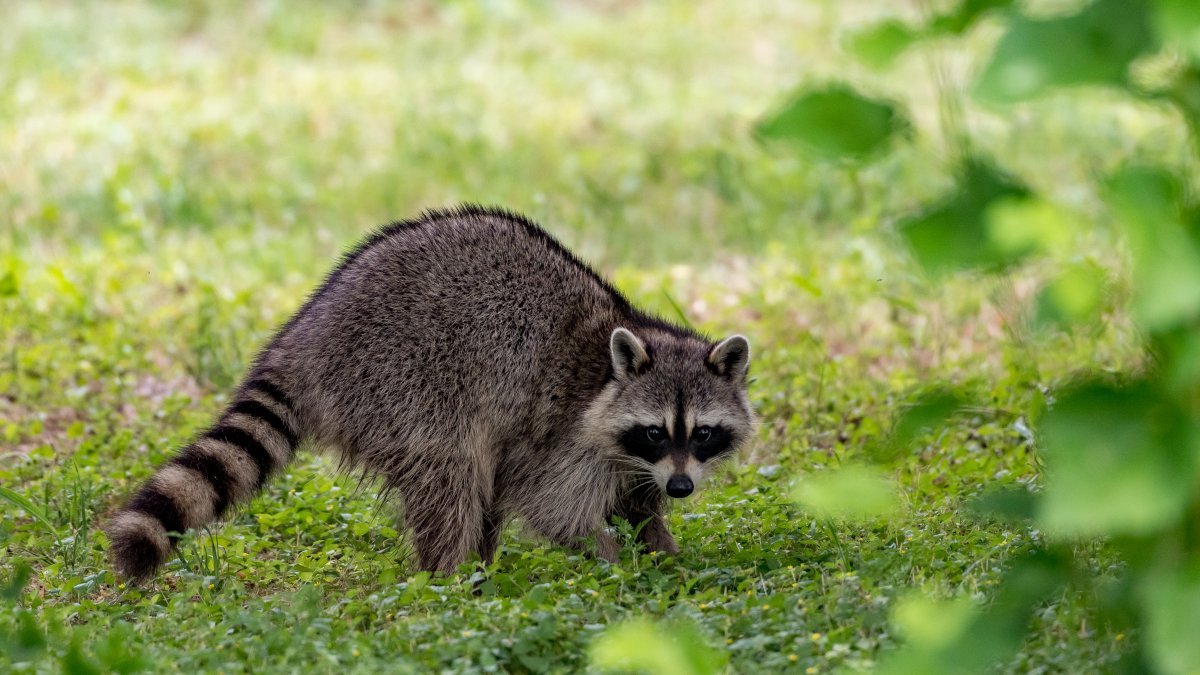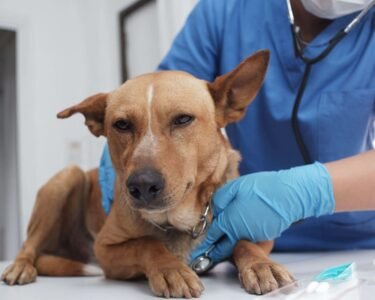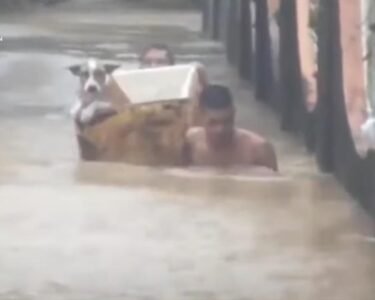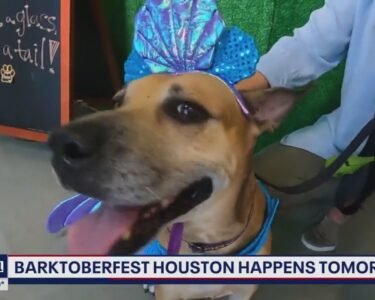Sightings of sick and diseased raccoons are on the rise in Carrollton, prompting the city’s animal services department to send out a warning for pet owners to use caution to prevent the spread of canine distemper.
Carrollton Animal Services said most of the local reports are coming from the north and west parts of the city.
Although this disease cannot spread to humans, raccoons can easily transmit the canine distemper virus to pets through the environment and via airborne exposure, such as sneezing and coughing, CAS reports.
CAS has advised pet owners to keep an eye out for their animals and avoid any contact with the raccoons.
Canine distemper virus affects both the respiratory and nervous systems of dogs, ferrets, and raccoons and has high rates of death.
According to CAS, symptoms to look for in raccoons include appearing weak and lethargic and appearing to have lost fear of humans, as well as fever, convulsions and seizures.
Make sure that garbage cans and bags are closed, take out pet food and water bowls from outside spaces and try not to draw raccoons into residential areas. Keep dogs on a short leash when walking them, and steer clear of wildlife, CAS advises.
The most vulnerable are dogs that are not vaccinated against the distemper virus. Distemper cannot be cured, but it can be avoided with the distemper/parvovirus vaccination.
In February and March, the Carrollton Animal Services and Adoption Center at 2247 Sandy Lake Road will host free vaccination clinics sponsored by CAS.
On Sunday, Feb. 18, a low-cost drive-through vaccination clinic in collaboration with Operation Kindness will take place.
In collaboration with the Texas Coalition for Animal Protection, CAS will host a $5 rabies vaccination event on Saturday, March 16, where distemper vaccinations will also be provided.
Although seeing wildlife during the day is common, report any sick or confused animals to CAS by giving them a call at 972-466-3420.
Visit cityofcarrollton.com/animalservices for additional information on canine distemper.




